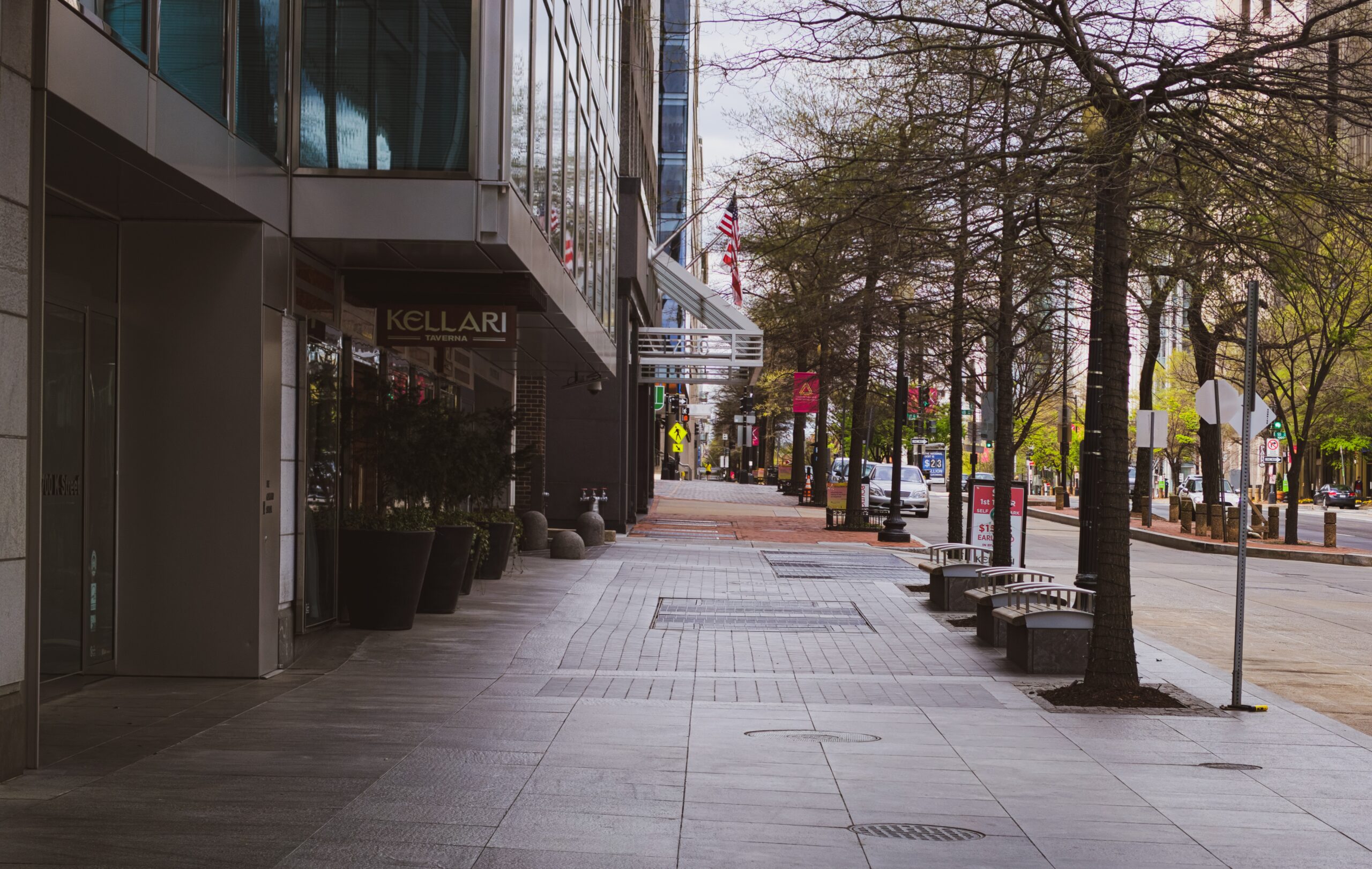Never in the decades of following economics and the markets have I witnessed such man-made damage foisted onto the world’s economies such as is occurring now.
With a second complete economic shutdown now initiated in my home state of California due to spiking CoVid cases, the expected fall out on American businesses is no doubt going to be even more catastrophic.
I say man-made damage because although the CoVid virus itself is an organic culprit, the decision to shut down is one of man.
My initial forecast in March of this year was that somewhere around 25% of small businesses would be obliterated by the initial shutdowns.
This second round will certainly increase that estimate by an unknown degree. From an economic standpoint, the shutdown is unprecedented. We have never had an instance where almost all business everywhere was either severely restricted or outright shuttered completely.
The pushback from business owners is more pronounced this time around. Those business owners that have somehow survived the first prolonged shutdown now stand in disbelief as they are once again asked to close their doors and turn away much needed revenue from would-be paying customers.
The debate on whether shutdowns were the appropriate response to CoVid increasing as more and more businesses go under. The initial shutdown was never imagined to last as long as it did, and just when the country began to reopen, giving some hope to the surviving businesses, the winter season brings once again more restrictions. Adding insult to injury, it is the Christmas season that brings many businesses the majority of their annual revenue.
At this point, the debate of whether the cure is worse than the disease is being voiced by more than a few.
Some argue CoVid would bring about more personal devastation in the form of death and disease should this second shutdown not be initiated. Others insist that to shut down again would cause massive personal and economic damage which will far outweigh the misery the virus would ever cause on its own.
The argument is not exclusively centered around the cold reality of death versus dollars, however. In an article posted in the Washington Post on Sept. 24, 2020, entitled “The pandemic pushes hundreds of millions of people toward starvation and poverty”, it states: “David Beasley, the executive director of the U.N.’s World Food Program, warned during a Sept. 18 briefing that a “wave of hunger and famine still threatens to sweep across the globe. He said his organization needed close to $5 billion to prevent 30 million people from dying of starvation”.
Adding to the argument is the fact that domestic violence (https://www.nytimes.com/2020/04/06/world/coronavirus-domestic-violence.html9), suicide (https://www.healio.com/psychiatry/journals/psycann/2020-12-50-12/%7B60567d09-854d-4092-b3fe-11d040f2c92c%7D/the-increase-in-suicide-during-the-covid-19-pandemic) and mental issues (https://www.webmd.com/lung/news/20200813/levels-of-anxiety-addiction-suicidal-thoughts-are-soaring-in-the-pandemic#1) presumed to be brought about by isolation are on the rise.
With the belief by some that the new restrictions are necessary to contain the worst outbreak since CoVid’s inception, still, others are questioning whether shutting down the economy has accomplished its goal of slowing the spread at all.
If not, is another shutdown just one bad decision followed by yet another?
Many claim the reason for the failure is not everyone followed mask and distancing mandates. Still, others say mandates will never be followed by everyone, that the first shutdown was the best that could be expected, and that a second shutdown is a futile attempt at a failed methodology. This will only cause thousands of more businesses to go under and bring about another round of unnecessary human suffering.
If there is any good news in all of this, it is that the Pfizer vaccine has been approved and is on its way to distribution centers, with some people already getting vaccinated. It will be months however before the majority of Americans will have access to it while some say they will refuse to take it no matter what.
No matter what side of the argument one believes, the fact is that the economic damage and the amount of human suffering is beyond any comparisons.
That said, there may be some good news on the horizon for those thinking of starting a business. Despite the notion that the idea of hatching a new endeavor at this time seems farfetched in the face of such a stark business environment, I’ll touch on this unexpected suggestion next week.
Opinions expressed here are those of Mr. Cuniberti and not those of any bank or investment advisory firm. Nothing stated is meant to insure a guarantee, or to be construed as investment advice. Neither Money Management Radio (“Money Matters”) receive, control, access or monitor client funds, accounts, or portfolios. For a list of the services offered by Mr. Cuniberti, call (530)559-1214. California Insurance License #0L34249 and Medicare Agent approved. Insurance services offered independently through Marc Cuniberti and not affiliated with any RIA firm or entity. Email: [email protected].
Photo by Obi Onyeador on Unsplash


